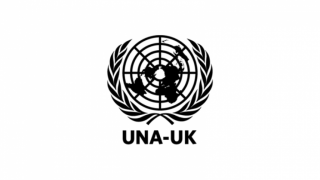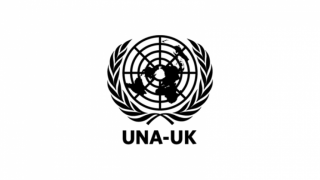
On Wednesday 22 September UNA-UK’s CEO Natalie Samarasinghe discussed the opening of the General Debate at UNGA76.
Speaking to CNN about what outcomes we can expect from high-level week she stressed:
What we need to see is some concrete commitments to funding COVAX, to donating vaccines - but also to enabling other countries to make their own vaccine, removing patents and making it a global public good. This is a moral imperative and in our own self interest.
She echoed the Secretary-General's message - we must bridge the divides blighting our ability to tackle the big crises we face.
Watch her analysis in full here:
Ms Samarasinghe also discussed the significance of leaders’ speeches at UNGA on Monocle 24’s the Globalist.
Examining António Guterres’ speech, she said:
He gave, quite frankly, a frightening assessment of the state of the world. He covered conflict hotspots, the climate emergency, the breakdown in trust which was a key theme of the speech. He talked about these big divides that we need to bridge: peace, climate, wealth, gender, digital and generational. Inequality was a big current running through his speech.
She also highlighted that while there was a stark, urgent message in the Secretary-General’s remarks, there was also hope. In particular policy recommendations from his new report, and a tone that encouraged a shift from crisis mode to targeted action.
Discussing speeches from President Joe Biden and President Xi Jinping, Ms Samarasinghe noted focus on climate change and Covid-19:
(Joe Biden) tried very hard to back his words up with concrete actions, announcing something on climate finance, on vaccines - those are the two core issues that everyone is going to be listening on. Climate and Covid-19.
The Chinese statement also got into that territory, announcing a big pivot in their strategy in terms of not funding coal plants overseas, also announcing cash for COVAX and vaccines. So you can see how the fault lines are being created by those two countries around those issues.
Click here to listen to her full analysis.
Read more
- Read António Guterres’ speech opening the General Debate
- See UN News’ rolling coverage
- Read UNA-UK’s dedicated UNGA briefing






